Graham Reid | | 4 min read
The End

It is a sad irony that the last album the Beatles recorded, the polished smooth Abbey Road and arguably best produced album of their career, would not be the one to act as a coda to their lifespan and the decade they defined.
That belonged to Let It Be -- the music recorded earlier in 1969 under less than ideal conditions with the band fraying at the edges and centre. It was only nominally "an album" and had ben cobbled together by Phil Spector in the absence of the Beatles' oversight.
Let It Be ended with Lennon's voice wryly saying, “Thank you and behalf of the group and ourselves I hope we passed the audition” and that was how their career ended.
Then came the litigation, sniping and worse.
So their career as well as the wit, scope and sometimes breathtaking daring of Abbey Road – which contained some of Lennon's most innovative and minimalist work in Come Together and She's So Heavy (I Want You), the creative flowering of Harrison with Something and Here Comes the Sun and gorgeous harmony singing on Because and Sun King – seemed tarnished by the considerably lesser Let It Be . . . which of course still contained hits (the title track, Long and Winding Road, Get Back) and singular songs (Two of Us, I've Got A Feeling).
 Returning to Abbey Road studios and letting George Martin produce them as he had done before and with longtime, reliable engineer Geoff Emerick back after quitting during The White Album sessions, the album which became Abbey Road didn't have an auspicious beginning.
Returning to Abbey Road studios and letting George Martin produce them as he had done before and with longtime, reliable engineer Geoff Emerick back after quitting during The White Album sessions, the album which became Abbey Road didn't have an auspicious beginning.
John Lennon and Yoko Ono had been a car accident in Scotland so weren't there for the first week, and after that, as Emerick noted in his book Here There and Everywhere, “things weren't a hundred percent rosy during the making of Abbey Road. There were still some arguments, but they were few and far between and they seemed to blow over fairly quickly.
“Perhaps the explanation lay in the fact that all four Beatles were rarely in the room at the same time. It seemed like they were deliberately trying to stay out of each other's way . . .”
It's a further irony about the album therefore that it seems much more coherently a band album after the individual threads which were stitched together for The White Album.
And Emerick also says that when the time came to record the guitar parts for The End, Lennon suggested “Why don't we all play the solo? We can take turns and trade licks.”
McCartney then suggested they play it live. And they did, each on a distinctively different models of guitar. And they nailed it in a single take.
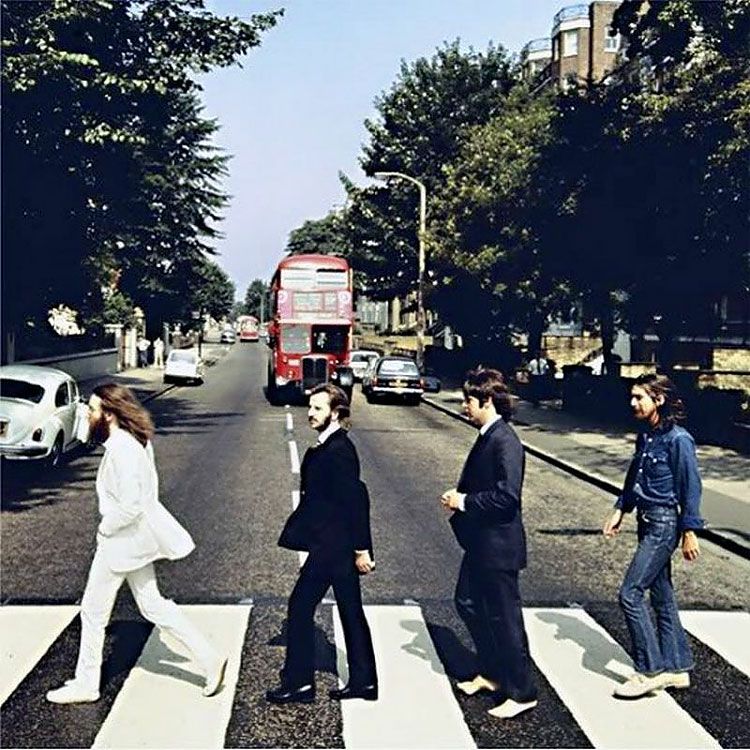 “When it was over there was no backslapping or hugging,” writes Emerick, “the Beatles rarely expressed themselves physically like that, but there were lots of broad grins. It was a heartwarming moment.”
“When it was over there was no backslapping or hugging,” writes Emerick, “the Beatles rarely expressed themselves physically like that, but there were lots of broad grins. It was a heartwarming moment.”
As with the three-part vocal harmonies on Because which they did time and time again, the Beatles could also simply be a band of empathetic fellow musicians as they once were.
Certainly each Beatle – Ringo included with his Octopus' Garden – had his fingerprints on certain tracks.
Paul McCartney's pop inclinations are sometimes weak, notably on Maxwell's Silver Hammer which was the subject of more hours than it deserved.
But over the two sides of vinyl there seemed to be the same magic which had propelled Rubber Soul and Revolver, just with more surface sheen.
Lennon may have briefly argued for his songs to be on one side and McCartney's on the other (begging the question where might Harrison's two fine songs be placed) but the shuffling of the running order made for what sounded like a coherent collection.
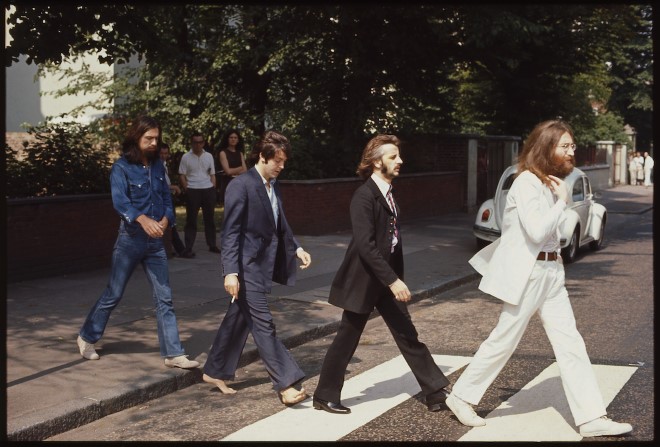 And if the incomplete pieces which became the medley on the second side did seem like a slightly desperate catch-all they were woven in such a way that tension-release, pop and rock, ballads and three powerhouse guitar solos (and Ringo's rare foray into a solo) had a clever trajectory towards the coda to The End: “And in the end, the love you take is equal to the love you make”.
And if the incomplete pieces which became the medley on the second side did seem like a slightly desperate catch-all they were woven in such a way that tension-release, pop and rock, ballads and three powerhouse guitar solos (and Ringo's rare foray into a solo) had a clever trajectory towards the coda to The End: “And in the end, the love you take is equal to the love you make”.
With the frivolous throwaway Her Majesty after a decent interval, Abbey Road certainly sounded like the album to end a career on.
As Emerick said of the new mixing console they had at their disposable (which he didn't much like because “everything was sounding mellower”), “fortunately the music the Beatles were making at that point in their career lent itself to that sound. The new sonic texture actually suited the music on the album, softer and rounder. It's subtle but I'm convinced that the sound of the new console and tape machine overtly influenced the performance and the music on Abbey Road”.
And as the tracks had overdubs and were being tidied up, all they had to do was decide on what to call the album.
But that's another story . . .
.
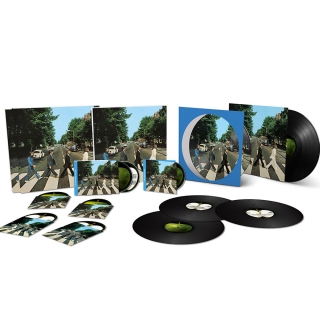 Now remixed by Giles Martin -- and presented in various iterations from single disc or single vinyl album, double CD (with rehearsals and alternate takes) up to a three vinyl set and a three CD and Blu-Ray version, Abbey Road comes back on its 50thanniversary for consideration all over again.
Now remixed by Giles Martin -- and presented in various iterations from single disc or single vinyl album, double CD (with rehearsals and alternate takes) up to a three vinyl set and a three CD and Blu-Ray version, Abbey Road comes back on its 50thanniversary for consideration all over again.
Track listing details follow below.
Elsewhere looks at these editions which come with demos and unreleased session material. See Part Two here.
Elsewhere has previously written about Abbey Road (the album and the studio) here and here.
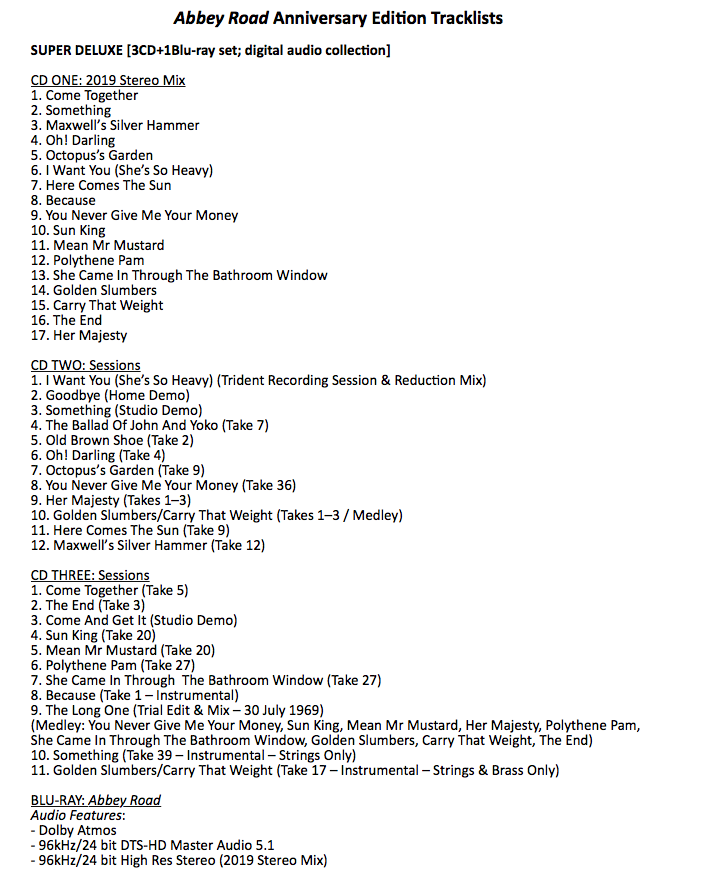
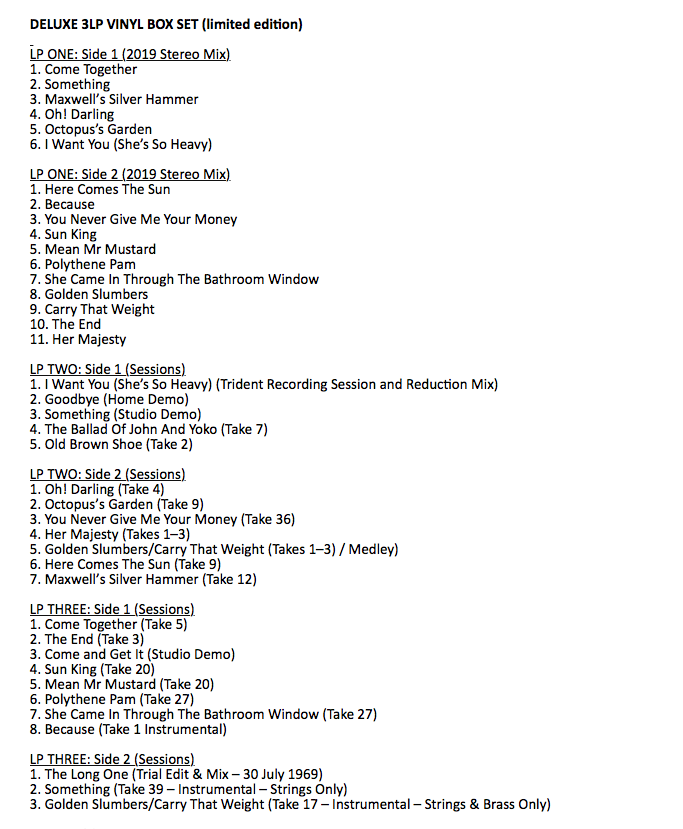
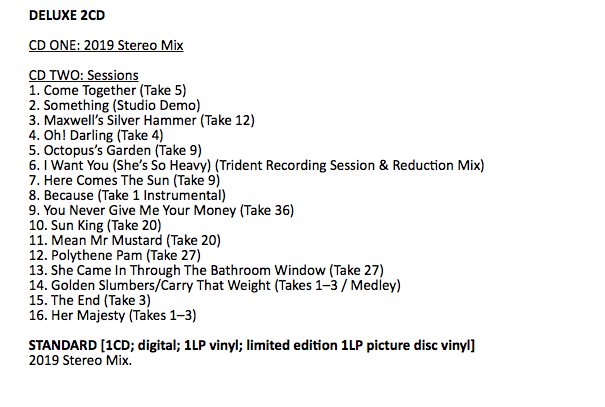

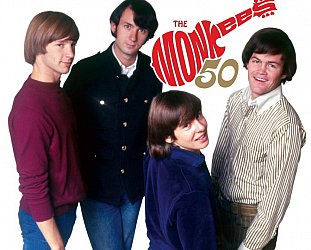

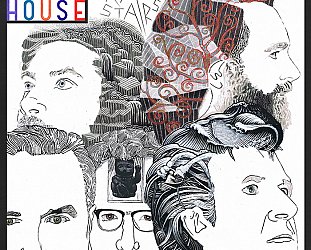
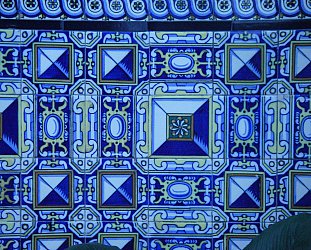
post a comment